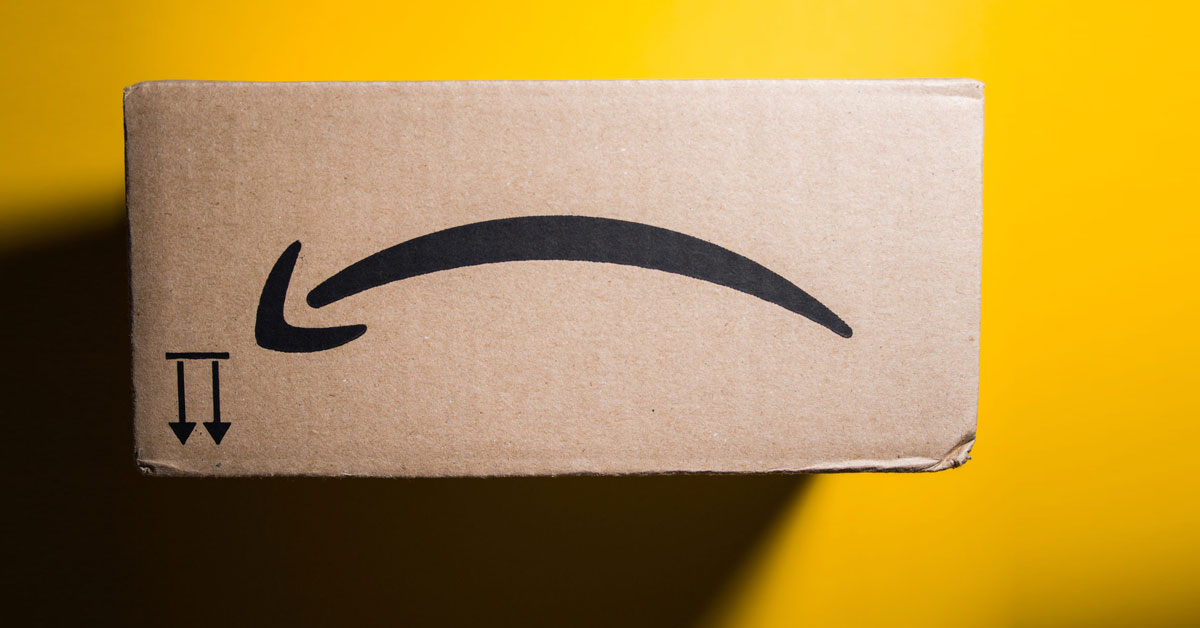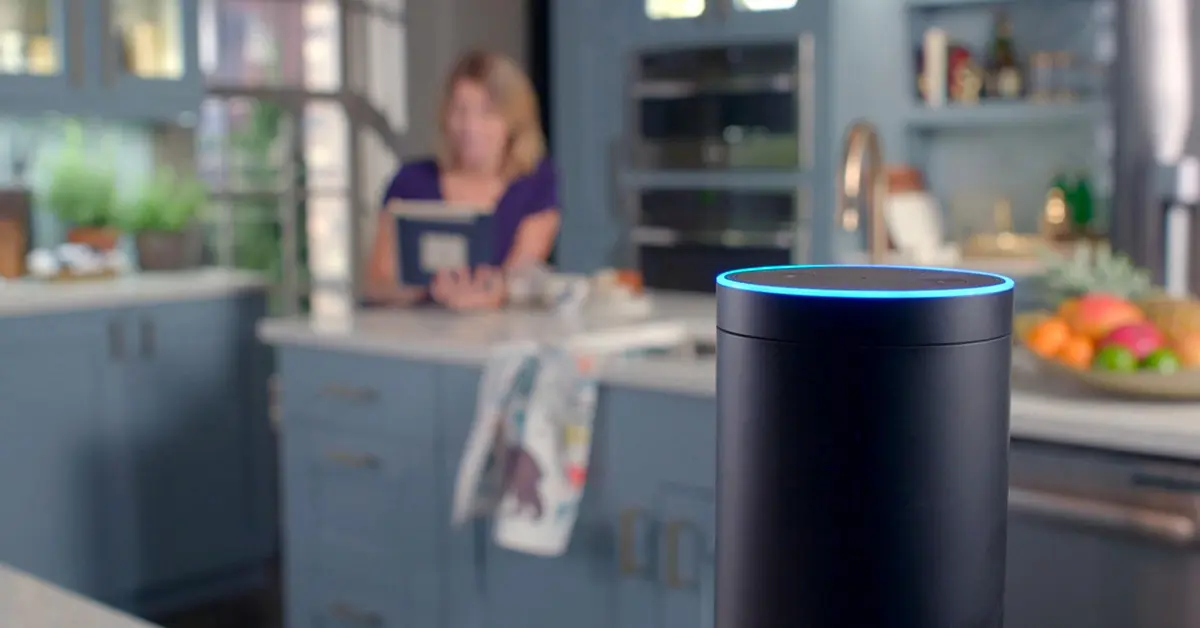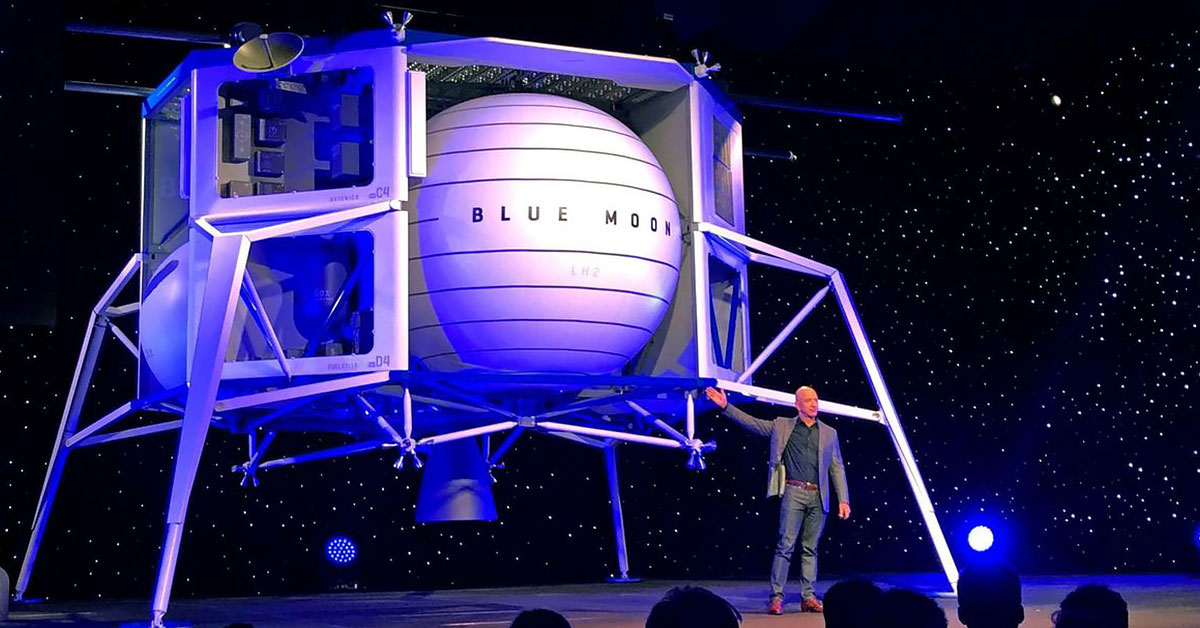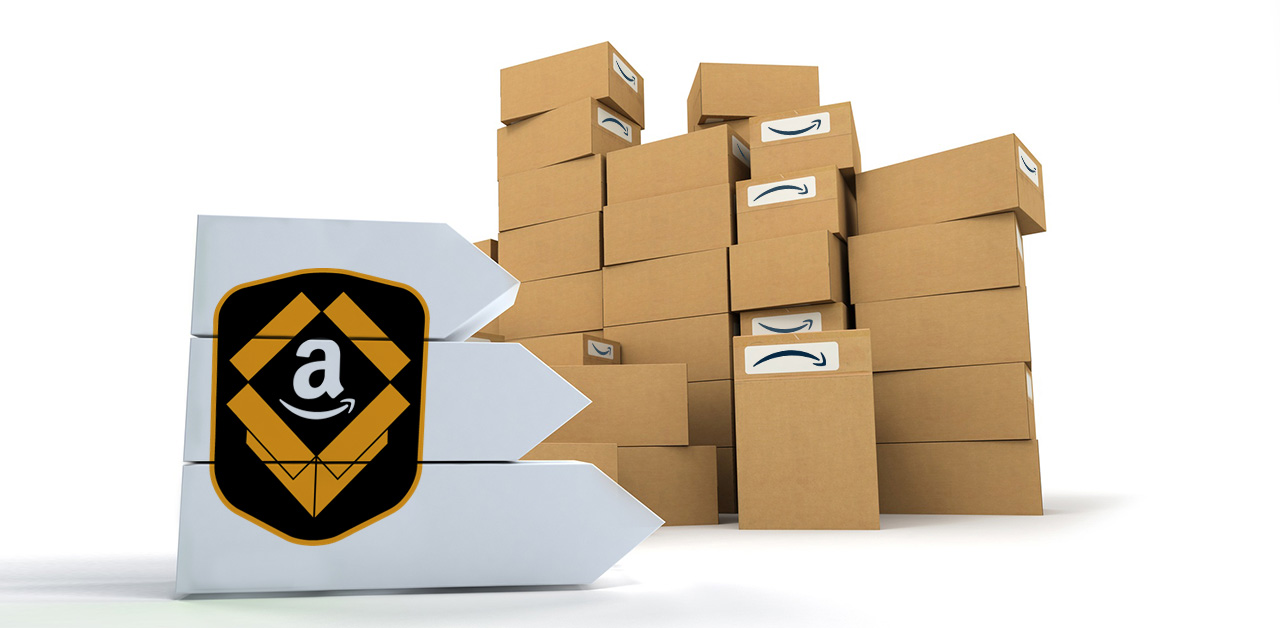Amazon Wants Sellers to Optimize Warehouse Space
Amazon will impose stricter storage limits on sellers who use Fulfillment by Amazon in January.
The reason for the policy change is the company’s push for faster delivery – specifically, transitioning Prime Free Shipping from two days to one, reports ecommercebytes.
“While investing in our network, we need to manage our storage space so that we can continue delighting customers with products they love at faster delivery speeds,” Amazon said.
The FBA policy “stick” comes with a “carrot” in the form of a promotion to help certain sellers who wish to remove inventory; it runs only through the end of October.
The crux of the announcement: “Effective January 1, 2020, we are changing the IPI threshold for storage limits to 400 (previously 350).”
IPI stands for Inventory Performance Index, “a single metric to gauge your overall performance over time.”
Amazon explained that sellers with IPI scores below 400 the week of December 23, 2019 would have storage limits imposed for the first quarter of 2020; sellers who maintain an IPI score of 400 or greater would have unlimited storage for standard size and oversize items (monthly storage fees and long-term storage fees still apply).
More Amazon news

Lost or damaged inventory at Amazon FBA warehouse
How to get reimbursement for items lost in transit to Amazon FBA When you ship items to Amazon.com, you expect them to be delivered and received into your inventory with no problems, but this isn’t always the case. Items (and sometimes boxes or shipments)...

Amazon Alexa listens and transcribes everything you say
Amazon Alexa transcripts cannot be deleted You can delete voice recordings so Amazon can't listen to your conversations with Alexa anymore, but text records are a different story. Amazon doesn't need to hear your voice recordings to know what you've said....

Jeff Bezos unveils plans to send a spaceship to the moon
"It's time to go back to the moon, this time to stay" The billionaire unveiled his unmanned lunar lander Blue Moon and spoke of his hopes to send people to the moon by 2024. Jeff Bezos has announced he is going to send a spaceship to the moon, reports SKY...


